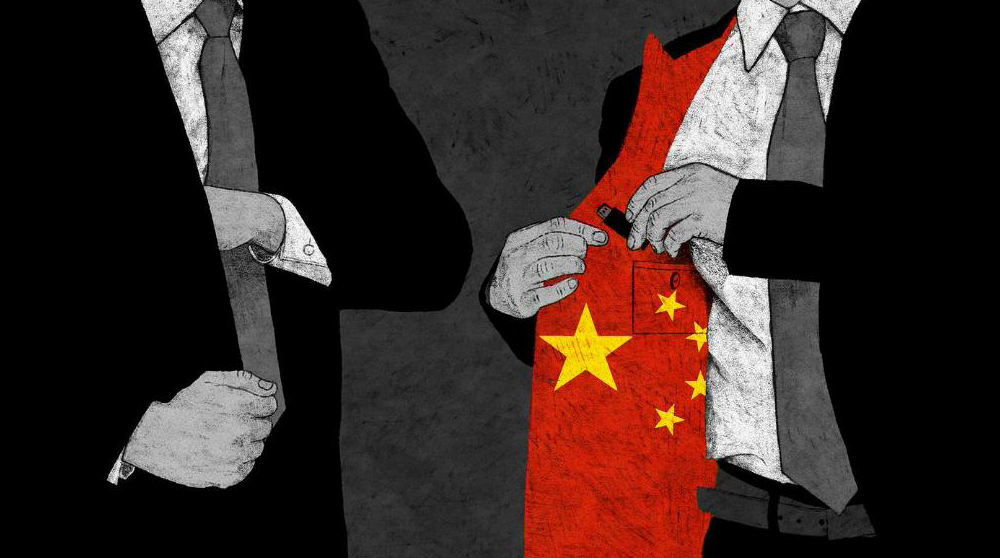In a recent, unprecedented gathering, the intelligence heads of the Five Eyes alliance—comprising the US, UK, Australia, Canada, and New Zealand—came together publicly at Stanford University, California. This choice of location, at the heart of Silicon Valley, underscored the central theme of their message: the theft of commercial secrets, particularly by China. Ken McCallum, representing the UK's MI5, detailed an ongoing campaign on a vast scale, targeting British businesses and their innovations. Whereas the primary concern for MI5 used to be guarding governmental secrets, they now see the theft targeting smaller enterprises, start-ups, and academic researchers, many of whom may have been complacent about their security. McCallum emphasized that anyone involved in pioneering technology is now a geopolitical target.
This shift in threat dynamics has necessitated MI5 to adopt a more public approach, alerting potentially vulnerable UK businesses. Recent findings have revealed suspected Chinese operatives contacting over 20,000 UK professionals via platforms like LinkedIn, doubling previous estimates. Our BlueSky team had reported on these types of attempts previously as threat actors utilize social engineering techniques on LinkedIn. Moreover, in the past year, over 20 instances were observed where Chinese entities, using obscured company structures, sought access to sensitive UK technologies. This includes at least two Chinese companies attempting to covertly obtain technology from UK businesses and another obtaining research data illicitly from a prominent UK university. Additionally, attempts were detected to circumvent management controls of major UK institutions to gain and potentially influence research insights.
Actions by MI5 and its allies thwarted a Chinese acquisition of a sensitive UK tech firm tied to critical supply chains. While China refutes these allegations, McCallum cautioned that theft in sectors like Artificial Intelligence has profound implications, not just for business profitability but also the geopolitical landscape of the West. He stressed that autocratic states are keenly eyeing the potential of such technologies. The possibility of AI, combined with data amassed by China, influencing politics is alarming. This sentiment of concern over China's actions was a shared theme among the Five Eyes representatives. FBI Director Chris Wray pinpointed the scale of the threat, citing over 2,000 ongoing FBI investigations linked to China, and Australia's security service chief, Mike Burgess, emphasized that the scale and nature of these activities surpassed traditional espionage. The consensus among these chiefs was that isolating economies from China was unfeasible. Instead, identifying and safeguarding sensitive sectors was
paramount. This gathering, which underscored the global implications of China's actions, occurred amidst broader international tensions and growing domestic threats.
China's international espionage capabilities have been a growing concern for Western intelligence agencies. As highlighted in the discussed article, these capabilities are not only directed at traditional governmental targets but have expanded to include businesses, start-ups, and academic institutions. The scale of China's operations is vast, with their agents using platforms like LinkedIn to approach over 20,000 UK professionals. The primary objective appears to be the theft of commercial secrets and cutting-edge research, especially in critical sectors like Artificial Intelligence. Such activities, combined with China's technological advancements, present potential threats to both the profitability of Western businesses and the geopolitical balance. The intelligence heads of the Five Eyes alliance are thus urging businesses and researchers to be more vigilant and protective of their innovations and secrets





